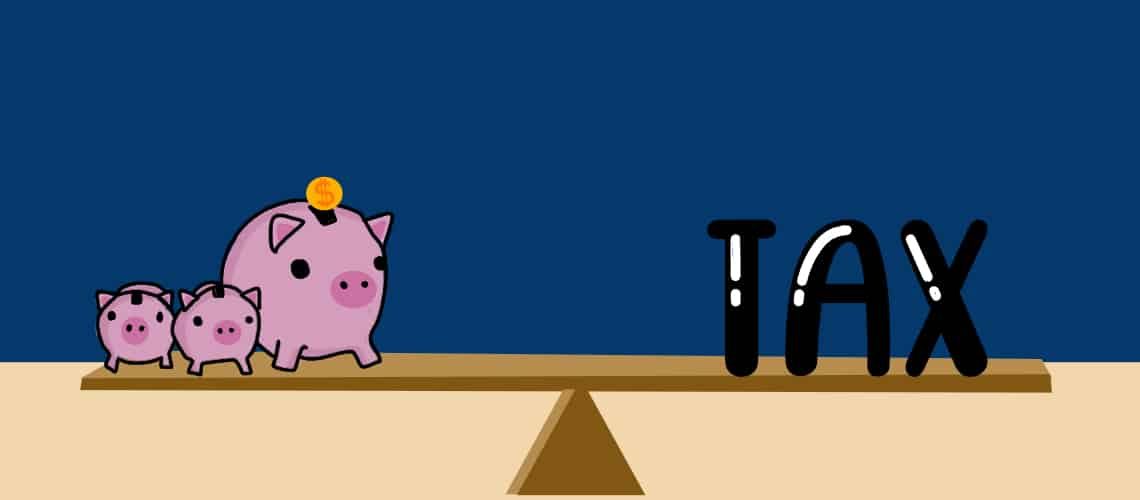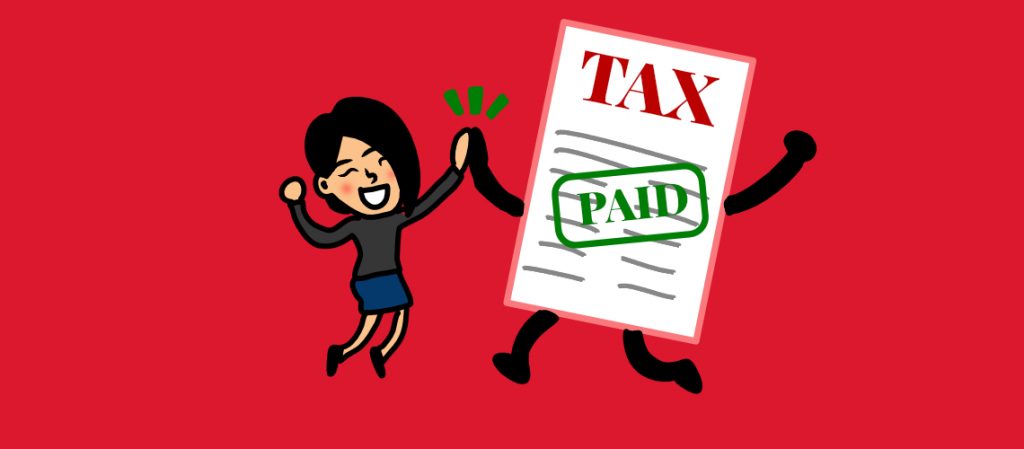‘Why do I pay tax?’ is a lingering question of every money-making individual, especially when it’s that time of the year when you gather yourself to file Income tax Returns (ITR) just so you don’t lose some portion of your hard-earned money. If you hit a dead-end in figuring it out, you seek the help of Accountants to haggle this for you, which is mostly the case of many individuals falling under >500K tax slab.
Tax trauma is a myth when you understand the genesis of ‘What, Why, Who, When, and How’ of Taxes. This article will debunk and simplify it all for you.
‘Nothing in life is to be feared, it is only to be understood’ – Marie Curie
So, what really are Taxes?
Taxes are the main source of income created for government spending and other public expenditure. It is a fundamental concept to understand the relevance of taxation in an economy. But, as Taxpayers, you will have more questions on the tax collection, slab, penalties, evasion, burden, et al.
Look around your community. At a minimum, you will see roads, libraries, parks, government schools, government healthcare centres and hospitals, a local police station. These are basic amenities provided by the Government, funded by its budget, of which tax revenues form a huge part (easily ~50%).
Planning and optimal use of Tax
If you are the sole breadwinner of the family who has faced a cash crunch, you understand the significance of having a household budget and sticking to it. Imagine what happens to an economy facing such a cash deficit without proper planning or spending threshold in place. The cost of running a populous country, such as India, definitely needs to come under a budgetary frame to help the Government avoid overspending or any mishandling, for that matter. Enter Union budget, drafted to ensure optimal and transparent utilisation of Tax.
How are they allocated?
If you chance upon the Union budget speech given by the Finance minister of India on the historically remarkable ‘Budget day’, typically falling on the first day of February every year, next time, make sure to tune in and listen to it closely. It is where you will find the plan of action for the tax amount collected from you.
The tax revenues include-
- Income taxes paid by individuals and firms
- Securities Transaction Tax
- Corporate taxes paid by companies
- Customs paid on imports
- Anti-dumping duties
- Safeguard duties
- Excise duties and taxes of union territories
- Wealth taxes on properties
- Goods and Services Tax (GST), which is one of the top revenue generators
Other avenues of income
There are non-tax revenues from interest and capital receipts, dividends and profits from investments, from the provision of other public, social, community and economic services. The Government also receives grants-in-aid and contribution from various other sources and international bodies like The International Bank for Reconstruction and Development (IBRD), European Union (EU), The United Nations Development Programme (UNDP). These more so account for rest of the income for the Government.
Where does your Tax money go?
They broadly flow into two spending streams: Revenue and Capital expenditure.
Revenue expenses. These are recurring in nature and do not usually pivot towards further creation of asset or liability. Administrative and operational costs of government establishments, salaries and perks of government staff and interest payments on debts are a few examples of revenue expenditure for the Government.
Capital expenses. Amounts expended on laying roads, constructing public buildings, dams, bridges, airports, railway stations, bus stands, power plants come under this umbrella.
What happens if you do not pay Tax?
As such the tax money you paid, will have a direct impact on the country’s growth. The answer to why we pay (or not pay) is traced back to various benefits (or deficits) that arise as a result of our tax behaviour.
One such is the Fiscal deficit. When we fail to pay taxes, it reduces the total revenue, falling short of expenses. It increases the fiscal deficit, ultimately triggers government borrowing, turning the less income-more expenditure cycle into a vicious one.
The Government’s revenue receipts include capital receipts, in the nature of debt which is availed to make up for the fiscal deficit. Provisional data released by the Controller General of Accounts for the financial year of 2020-2021 show a Fiscal deficit of 9.3% of GDP, a figure marginally lower than the estimated 9.5% of the February budget. One of the key reasons was higher net tax revenue collection, vis-à-vis less tax evasion.
The Ripple effect
The tax money we pay is utilised for the following as well:
1. Armed forces of the country who sacrifice their lives to restore peace and order amongst neighbouring countries.
2. Flood relief, disaster management or concerning other centrally sponsored schemes.
3. Investment in infrastructure projects like modernisation of railways, sewage systems and other public establishments.
4. Free public healthcare and education.
5. Other public welfare schemes and services.
Failure to collect a sufficient amount of taxes can leave our defence ministry dry, turning black swan events disastrous and an overall lifestyle hanging with no improvisation or scope for innovation, in the long run.
On the flip side…
Paying hard-earned money to the Government might make you frown now. But there are ample avenues for you to claim deductions and pay lower taxes. One could start by investing in tax-saving instruments.
The high population in our country (that is usually seen as a disadvantage) can be used to our utmost advantage to build the country along the lines of its growth objectives if we develop good Tax culture. Though taxation is an easy way to mobilise resources for a democratic government to function true to its meaning of “of the people, by the people, for the people”, corruption often comes in the way, preventing us from doing the civic duty righteously.
As Justice Oliver Wendell Holmes rightly quoted, ‘Taxes are the price we pay for civilisation’.
In failing to do so, the country’s development would be disrupted even if other signs indicate growth potential. So, both Government and its citizens have to commit to respective responsibilities by- not abusing the vested powers, improving taxpayers’ education and decimating the perception of tax laws being complicated. It is significant to understand that ‘Tax culture/behaviour’ is a two-way street in becoming a developed country.
Watch out for this space to learn about tax framework, filing your tax returns, investing in tax-linked products, understanding cash flow and financial statements, etc.
Edited by Akchiya George Stephen


